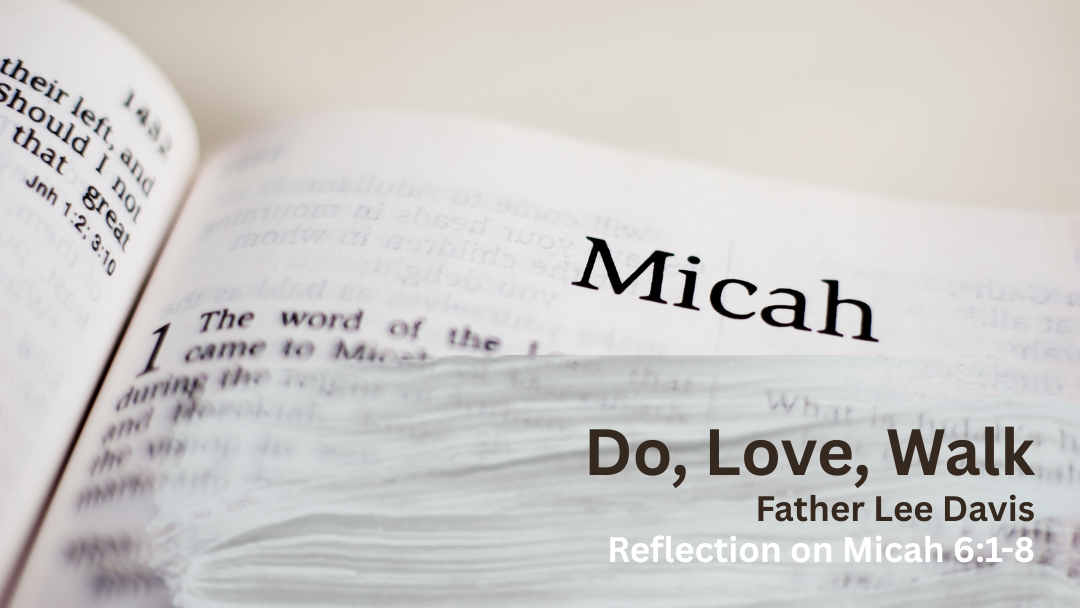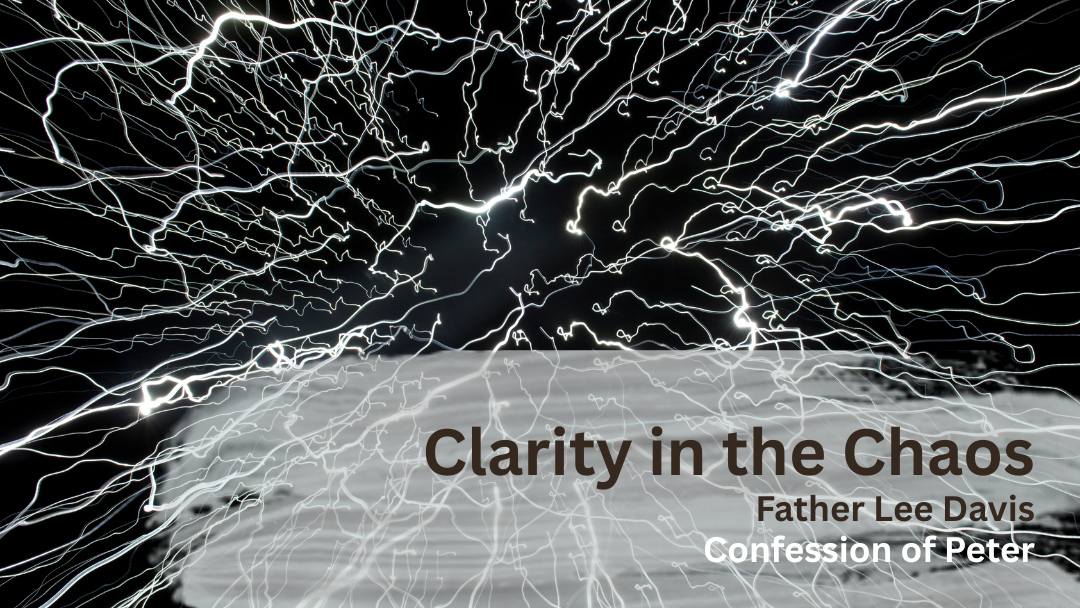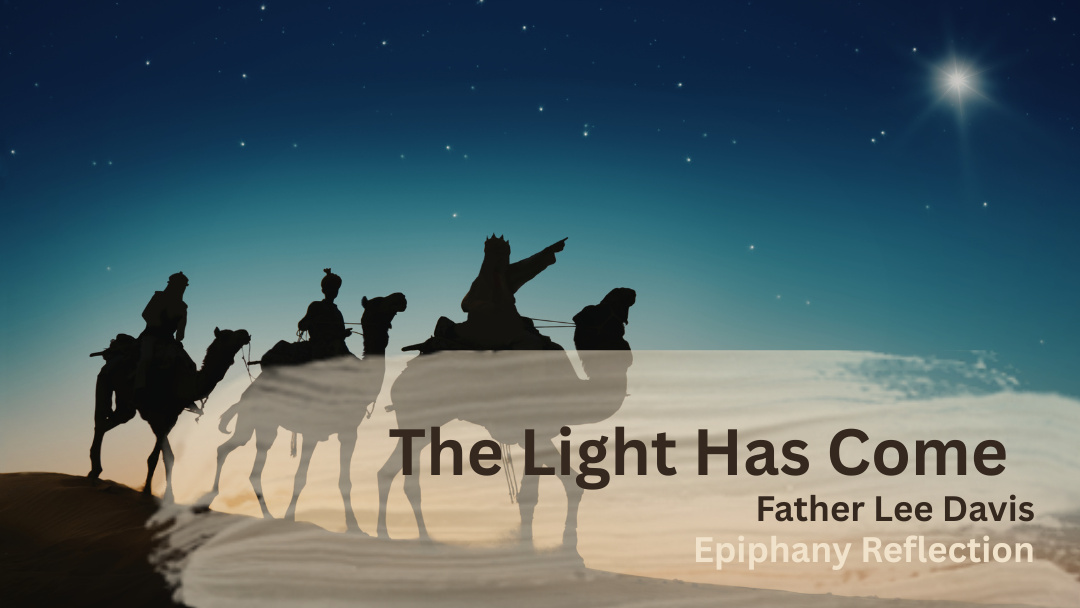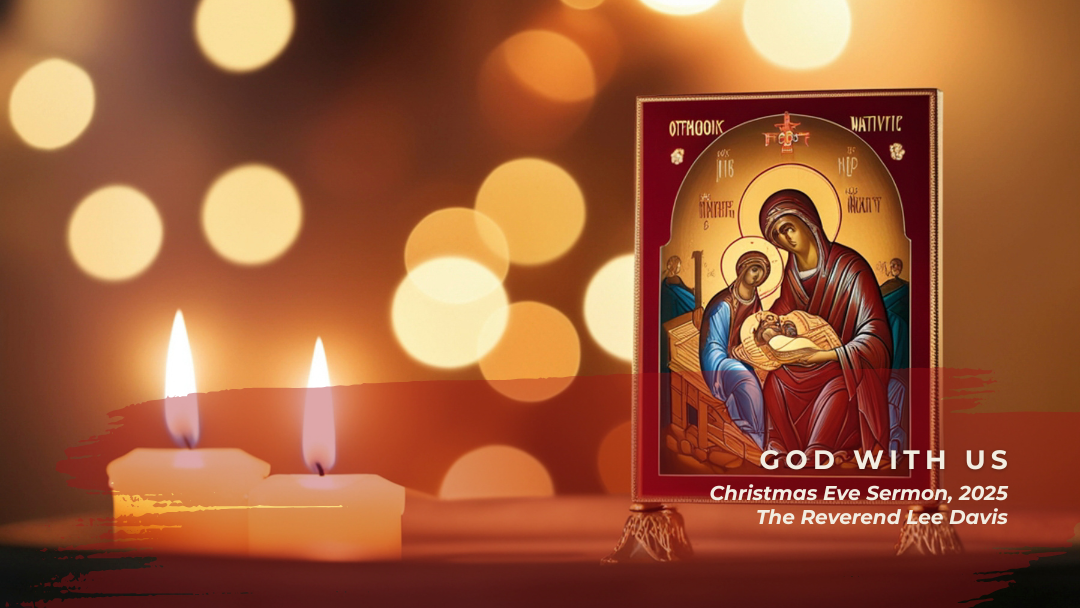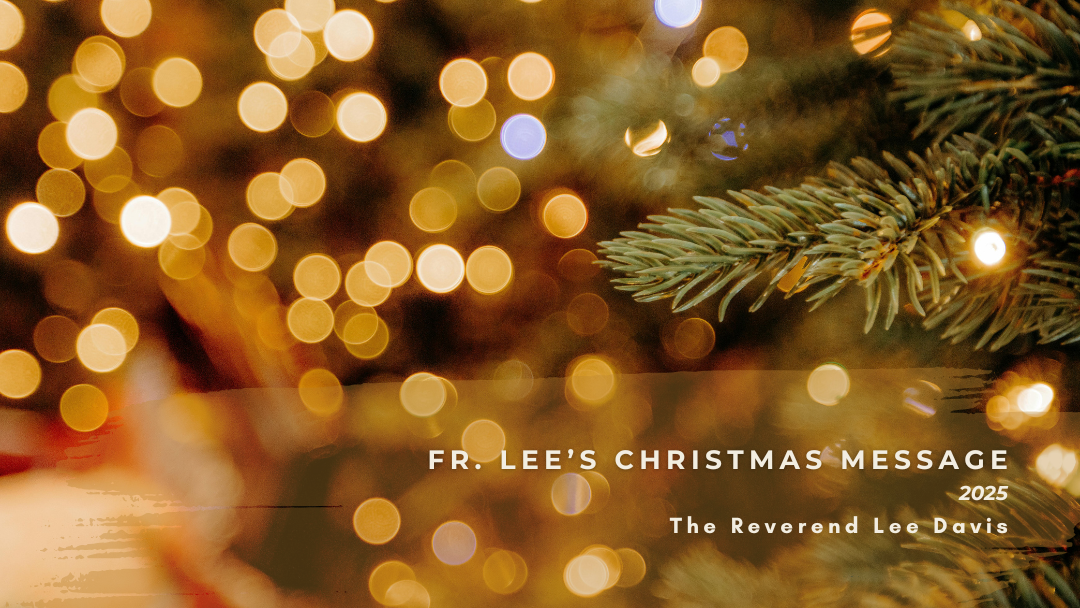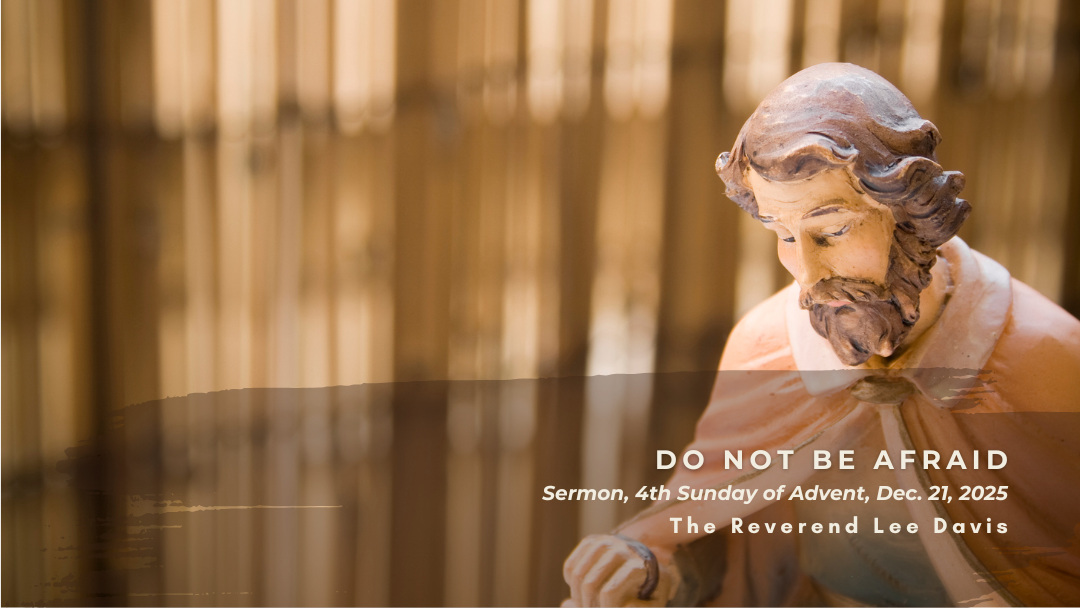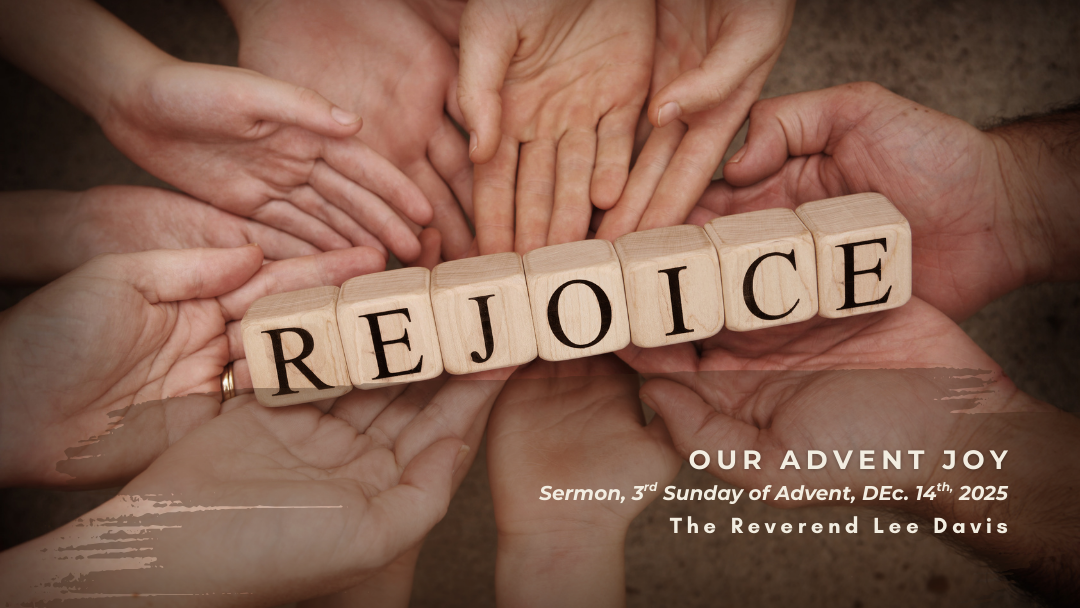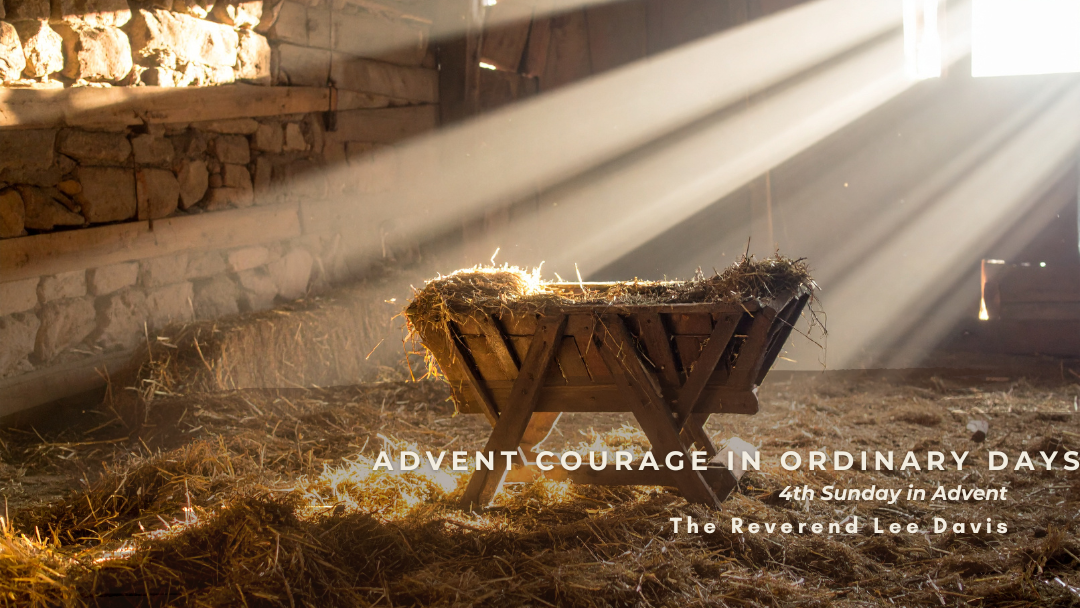Called By Name
A Reflection for Tuesday in Easter Week
John 20:11–18 (NRSV)
Jesus said to her, “Mary!” She turned and said to him in Hebrew, “Rabbouni!” (which means Teacher).
Easter is too big for just one day.
That’s why we celebrate it as a season—a full fifty days of resurrection, of joy, of letting the truth of Christ’s victory soak deep into our bones. But even in Easter week, joy can feel fragile. We’ve seen the empty tomb, yes—but there are still moments when we find ourselves like Mary Magdalene: standing outside the grave, weeping, not quite sure what to believe.
She looks for a body. Instead, she finds a gardener—until she hears her name. “Mary.” That’s all it takes. Her world changes in an instant. Sorrow turns to joy. Confusion gives way to recognition. The impossible has happened: Christ is alive.
There’s a beautiful intimacy in this moment. The first person to witness the resurrection isn’t a priest, prophet, or ruler—it’s a friend. A woman who followed Jesus all the way to the cross and stayed. A woman whose love and grief were so strong that even the threat of Roman guards couldn’t keep her away from his tomb.
And how does the risen Christ appear to her? Not in a blaze of glory. Not in a dramatic announcement. But by saying her name. Mary.
This is the heart of the Easter message: that the risen Christ knows us and calls us by name. He meets us in our confusion, in our longing, in our ordinary, tear-streaked places—and speaks to us as someone who knows us deeply. Resurrection is personal. It’s not just about life after death. It’s about Christ showing up in the garden of our lives and reminding us that love has the final word.
So if Easter still feels a little distant—if the world’s brokenness or your own weariness is clouding the joy—remember Mary. Stay near the tomb. Keep your heart open. Listen. The risen Jesus is already close by. And he knows your name.
Easter Practice for Today: Take a few moments of silence today. Imagine Jesus saying your name with love. What do you hear? What do you feel? How might you carry that love into the world this week?




